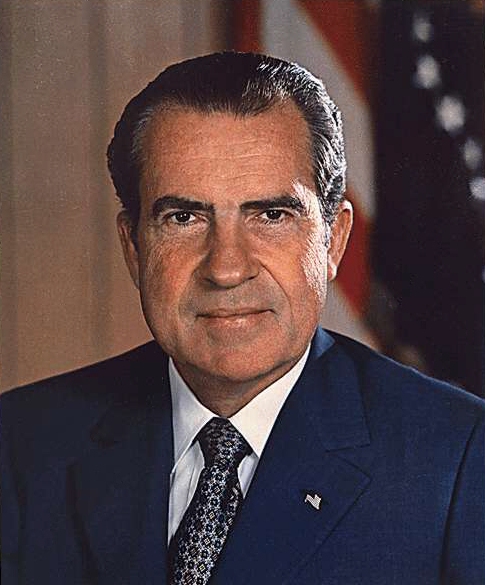The Republican majority in the House, with 5 Democratic votes, passed H.R. 4138, the ENFORCE the Law Act of 2014. In the argument for the bill, Republicans cite as grievances the changes President Obama has made to healthcare mandates, deferred action of deportation for certain illegal immigrants, and lack of enforcement of the Controlled Substances Act.
It is a wonder why this is the route that Republicans chose to take regarding marijuana when they could have supported the Republican sponsored Respect State Marijuana Laws Act in 2013. That bill would have given businesses and individuals protection from federal prosecution if they were acting within the laws of their state.
For a while (see: Ted Cruz), Republicans have been saying that Obama is a lawless President. And we don’t disagree with them on certain issues. We do feel, however, that the Obama Administration is working within prosecutorial discretion in choosing to use Justice Department resources to go after those breaking certain higher level bounds laid out in a Justice Department memo. We also believe that the federal government would have incredible difficulty enforcing the Controlled Substances Act without the assistance of state and local law enforcement.
Now let’s dig into this bill to see what it intends.
The bill would allow either the House or Senate to pass a resolution stating that the President or a head of a bureaucratic agency has failed to enforce a law. If the resolution is passed, the House or Senate would bring a civil action against the President or agency head in a US District Court. The decision in this district court, if appealed, would go directly to the Supreme Court.

The idea is that with the full House or Senate behind the suit, the court will find “standing” for the case. Typically, you have a tough time finding standing for something the President has not done. In other words, he is not deporting and not raiding businesses and not forcing businesses to provide health insurance.
Assuming the House or Senate suit is heard, it seems pretty clear that the President is immune from civil suit for a failure to execute the law. The case of Nixon v. Fitzgerald was decided by the Supreme Court in 1982. A suit was brought by a former government contractor who claimed he lost his work with the government because of his personal testimony given in a Congressional hearing in the 1970’s. The Supreme Court ruled that the President, “is entitled to absolute immunity from damages liability predicated on his official acts” (457 U.S. 731, p744-758).

The Supreme Court put forth various ways that the President faces scrutiny outside of civil suit that would check his actions, including “impeachment, as well as the deterrent effects of constant scrutiny by the press and vigilant oversight by Congress.” They also mentioned “a desire to earn reelection, the need to maintain prestige as an element of Presidential influence, and a President’s traditional concern for his historical stature” (457 U.S. 731, p744-758).
It would be interesting to see how this would play out in the court system. Would it have standing? Would it lose outright? Would it be heard by the Supreme Court?
This seems like a power Republicans would want while a Democrat is in office, but would not be so thrilled to hand over to Democrats. There are a number of bills passed by Congress that, when in the hands of the EPA, FDA, or IRS, cannot be fully enforced. And Republicans would not want to see them fully enforced due to the fact they could grind many businesses to a halt.
In today’s Senate, it seems Harry Reid will pronounce the bill dead on arrival. If the Senate did pass the measure, we think Obama would respond with a veto. Ultimately, this bill probably isn’t going anywhere soon.

